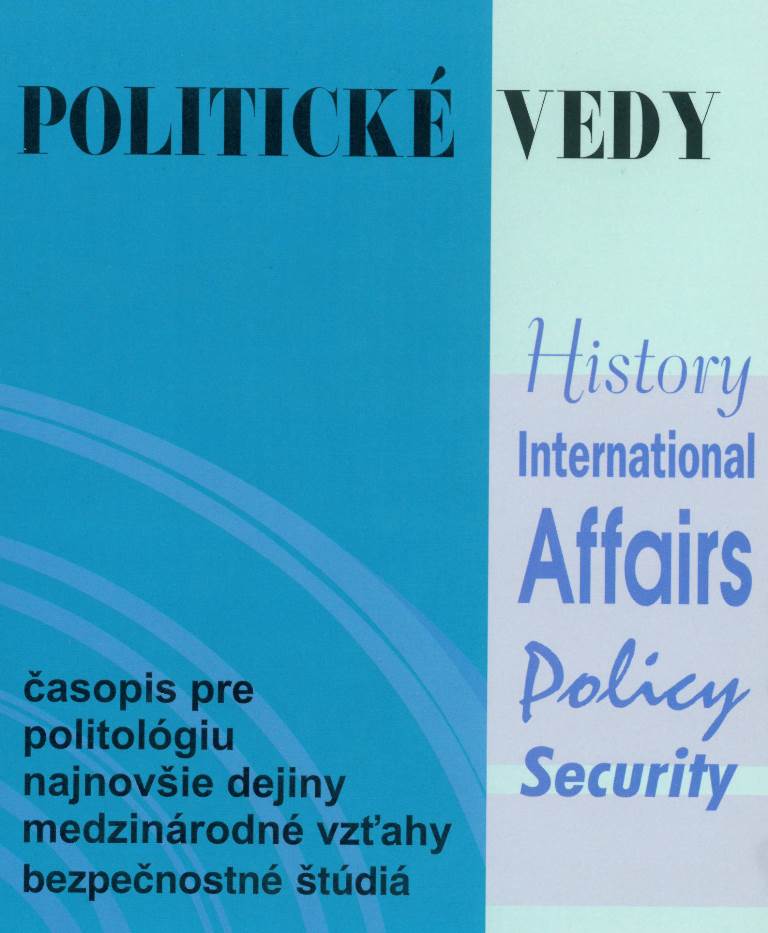The Influence of Germany on the Formation of the European Commission in 21St Century
The Influence of Germany on the Formation of the European Commission in 21St Century
Author(s): Bogdan KoszelSubject(s): Politics, Political Theory
Published by: Univerzita Mateja Bela
Keywords: Germany;European;Commission;European Union;Spitzenkandidate;Lisbon Treaty;
Summary/Abstract: The European Commission, the executive power and initiator of legislative processes in the European Union, has been the focus of Germany’s European policy in the 21st Century. The analysis in the article shows the priorities of German politicians included (1) appointing the President of the Commission in line with their wishes, (2) ensuring candidates from Germany the most important and prestigious positions in every college, and (3) gaining influence on the course of EC work. The adoption of the critical analysis of sources, the institutional-legal method and the decision-making method as a research method allowed the thesis that the EC in Germany's European policy was initially the foundation of the future EU political model (federation), in practice, however, Chancellor Merkel's actions pushed it to the far side. The German government together with France had the greatest influence on the Lisbon Treaty. Macron and Merkel refused to accept the „ Spitzenkandidate” idea, which could lead to democratization of the way the president of the European Commission was elected, which means deepening the democratic deficit in the EU.
Journal: Politické vedy
- Issue Year: 23/2020
- Issue No: 4
- Page Range: 28-46
- Page Count: 19
- Language: English

